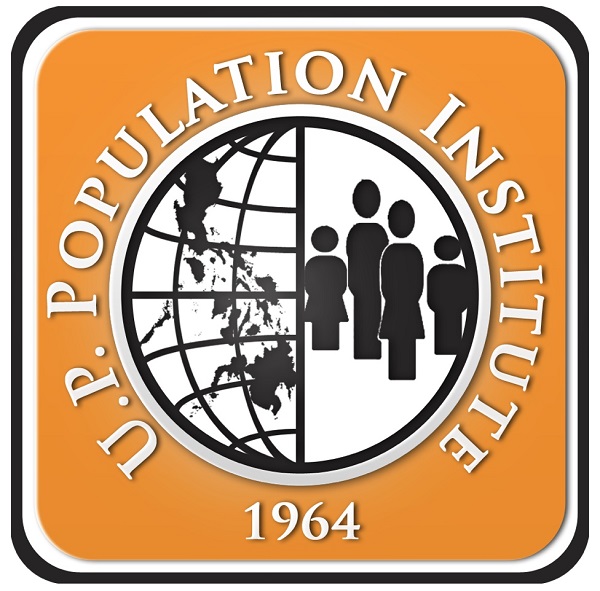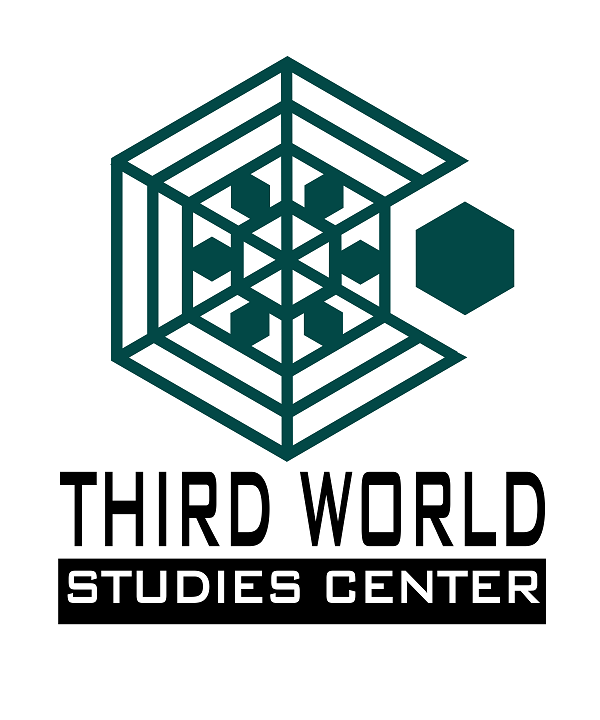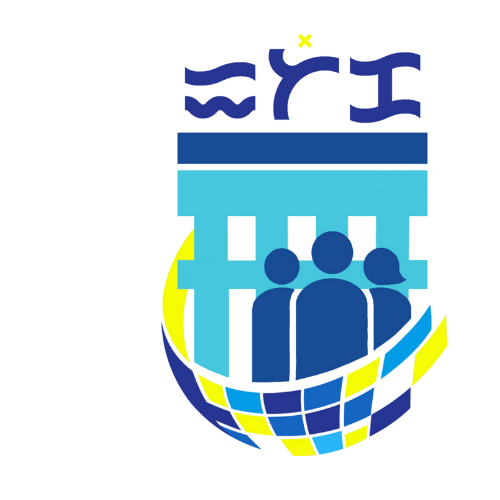The College of Social Sciences and Philosophy Institute and Center
|
Established in November 1964 as an independent unit of the University, the University of the Philippines Population Institute (UPPI) received a grant from the Ford Foundation to initiate its mandated functions of demographic training and research that focus on the Philippine population critical for policy and planning. The UPPI at that time was located in the UP Manila Campus (Padre Faura). It physically relocated to the UP Diliman Campus in 1985 after the UPPI became an academic unit under the newly created College of Social Sciences and Philosophy (CSSP). UPPI is the only academic institution in the Philippines offering graduate-level training in demography and population studies. The Master of Arts in Demography (MADEM) and the Master in Population Studies (MPOPS) were instituted in 1965 and 2000, respectively. As of 2020, the UPPI has produced 161 MADEM graduates and 31 MPOPS graduates. It also offers special training courses and workshops on quantitative data analysis & on technical aspects of the study of populations. Started in 2016, the UPPI has a continuing Exchange Program with the University of Namur that involves both students and faculty members. The research program of UPPI continues to contribute towards improvement of government programs and policies as well as private sector needs on population trends and processes, and population sub-groups such as the youth, women, older people, etc. Among the most cited and policy-relevant research conducted by the UPPI faculty and staff are the four rounds of the Young adult Fertility and Sexuality Study (YAFS), the three national surveys of older people and the very first study on migration in the country. In view of their recognized expertise in the field of population, the UPPI serves in various government technical committees. The UPPI is a member of the Board of Commissioners of POPCOM and currently is the Chair of the Inter-Agency Committee on Migration Statistics of the Philippine Statistics Authority.
|
|
The Third World Studies Center (TWSC) is a social science research center in the College of Social Sciences and Philosophy, University of the Philippines Diliman. It is committed to analyzing and developing alternative perspectives on Philippine, regional, and global issues grounded on academic research in the best tradition of scholarly practice. Its mission is to develop critical, alternative paradigms to promote progressive scholarship and action for change by undertaking pioneering research on issues of national and international concerns; create spaces for discussion and dialogue; publish original, empirically grounded, and innovative studies; and build a network of activist-scholars and public intellectuals. |
|
Tri-College PhD Philippine Studies Program Beginning in 2004, the independent Ph.D. Philippine Studies programs of the Asian Center (AC), the College of Social Sciences and Philosophy (CSSP), and the College of Arts and Letters (CAL) of the University of the Philippines, Diliman, were formally incorporated into an interdisciplinary doctoral program. The joint program was established as the Tri-College PhD Philippine Studies Program, with the Asian Center tasked to serve as the central secretariat and headquarters. A Philippine Studies Council and a Coordinating Committee oversee management of the program, from curriculum review to dissertation defense and student relations. Depending on their area of specialization, program of study, and dissertation, students will take their courses at and from the Asian Center, the College of Social Sciences and Philosophy, and/or the College of Arts and Letters. Click here to view the list of UP Faculty affiliated with the program. The list is as of December 2014.The current program coordinator for CSSP is Dr. Lou Angeli Ocampo.
|
|
The CSSP Ethics Review Board (ERB) was created by the Office of the Dean and is mandated to implement the policies of the College in matters pertaining to research ethics. The ERB reviews and evaluates research involving human participants that are conducted by faculty, staff, and students of the CSSP. It ensures that research is conducted in a humane and ethical manner, and complies with national, international, and institutional principles and guidelines on ethical behavior towards human research participants. |



